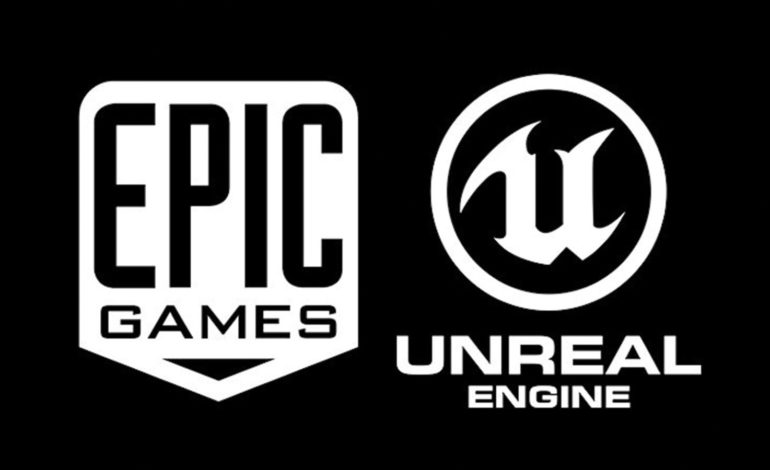

Just last month, the Unity game engine received backlash from developers and fans after announcing a planned price increase for their service. October 5, 2023, Epic Games announced a price increase for their game engine unreal, but game developers are the only ones not affected.
Following the layoffs of 16% of Epic Games’ staff last week, Epic Games CEO Tim Sweeney announced at Unreal Fest 2023 that those not using the Unreal Engine for game development can expect to start paying a “per-seat licensing fee.” Those among the affected parties include the film, television, and automotive industries. Sweeney clarified that the new prices will not be “unusually expensive or unusually inexpensive,” but more akin to a subscription service like Maya or Photoshop. He claimed he wanted to announce the upcoming pricing change now for “transparency.” On X/Twitter, Sweeney stated there will be a minimum threshold for commercial usage and that educator/student usage will remain free. He also clarified that the Unreal Engine will not fall to the same fate as Unity, as Epic has only been discussing lowering their revenue share model.
Won’t affect. There will be minimum revenue thresholds for commercial projecrs, and student/educator use will remain free.
— Tim Sweeney (@TimSweeneyEpic) October 5, 2023
Sweeney also confessed that these sudden business decisions are due to Epic Games suddenly struggling with “financial problems” about 10 weeks ago, meaning that starting in July, Epic Games has been on an economic downturn. Epic Games is no doubt heavily funded by their star product, Fortnite, after the battle royale took the gaming world by storm seven years ago. Other Epic products have been unable to produce profits for themselves, relying on the steady stream of income from Fortnite. Recently, there has been a decline in Fortnite profits, meaning there’s no backup for products unable to keep themselves afloat using them.
In brighter news, Sweeney confirmed the Epic Games Store will continue being supported by the company, affectionately referring to it as the “cure to the disease” within the video game industry.
Play games, take surveys and take advantage of special offers to help support mxdwn. Every dollar helps keep the content you love coming every single day.
